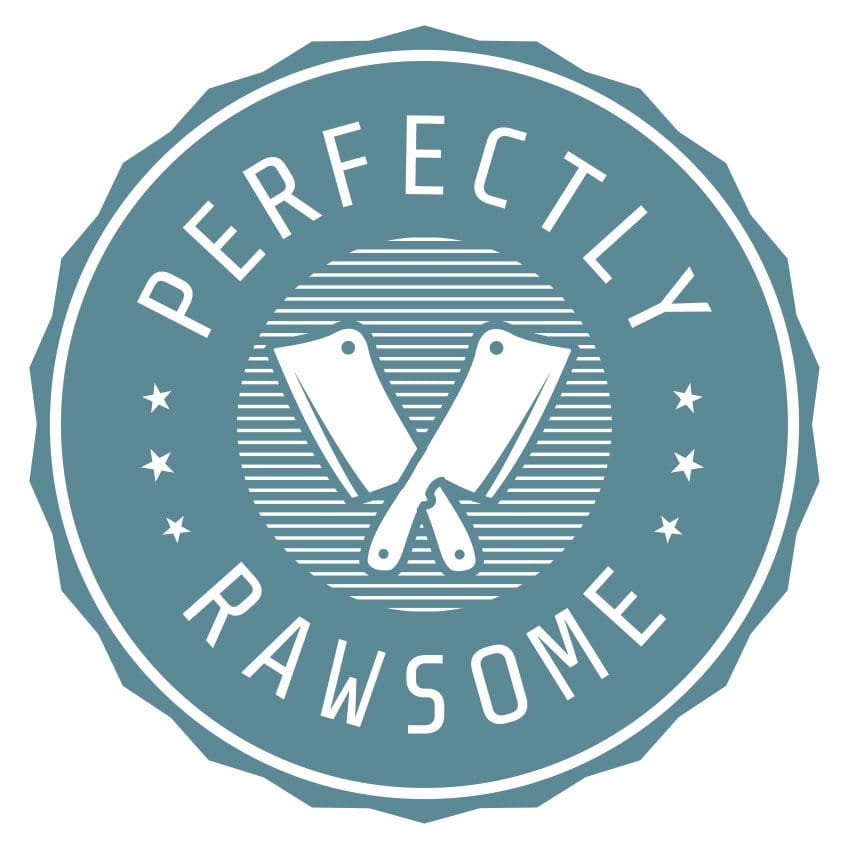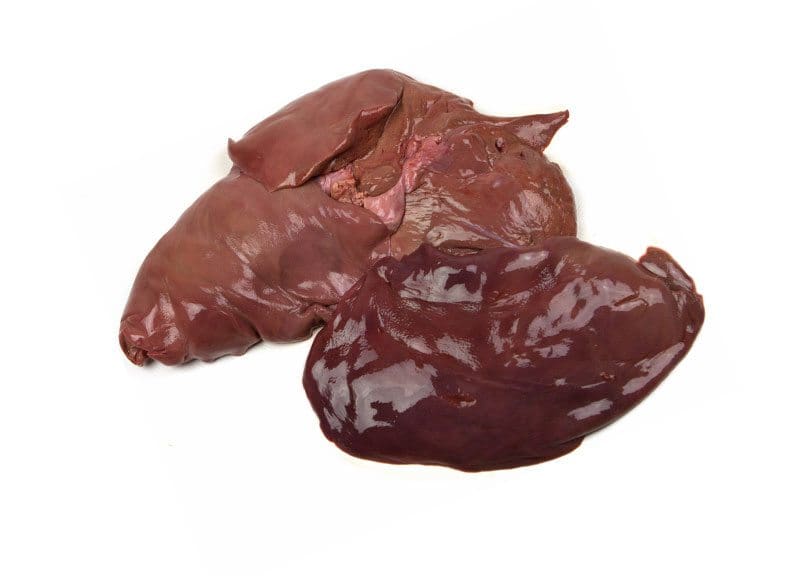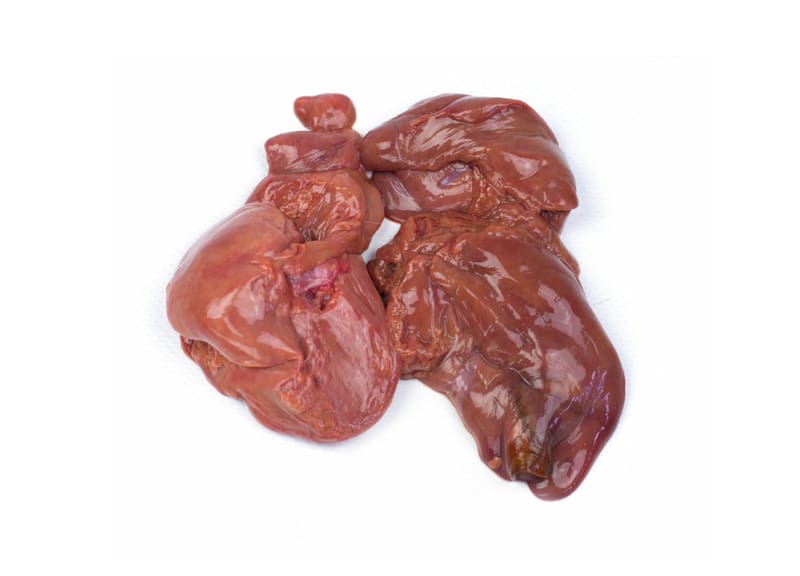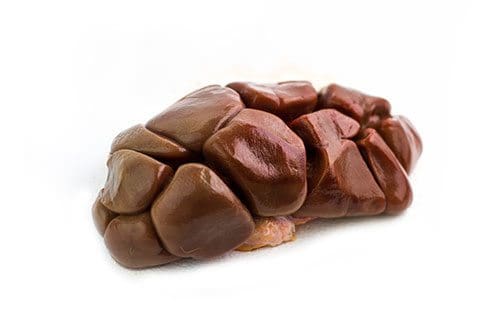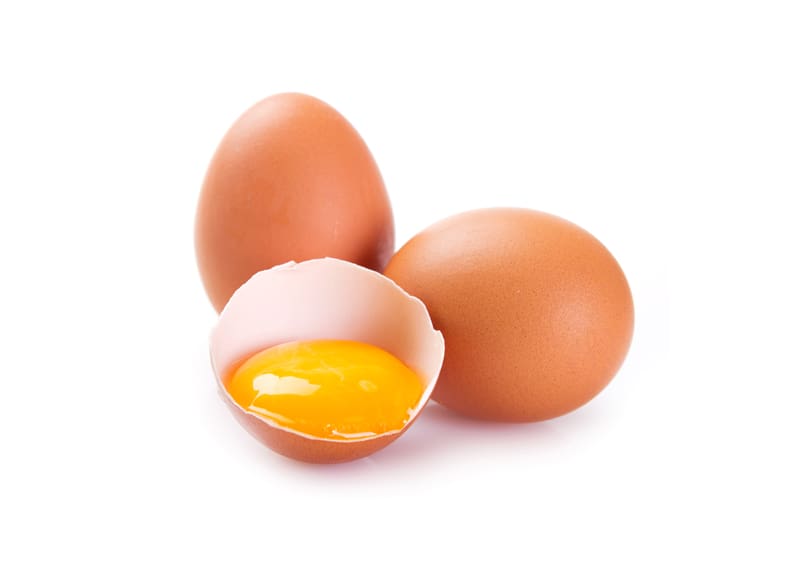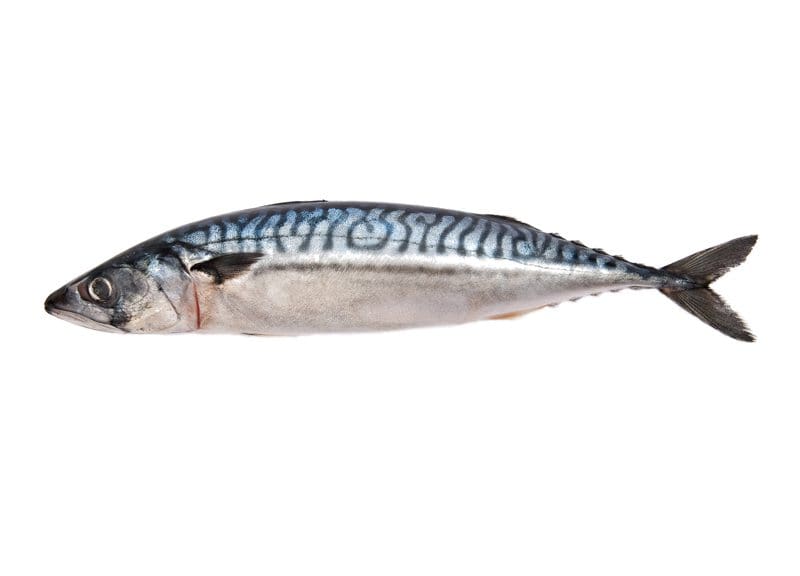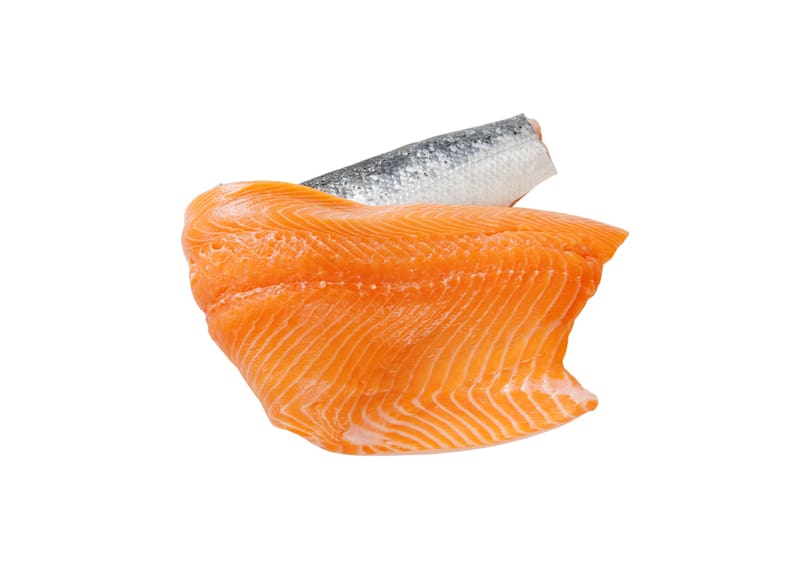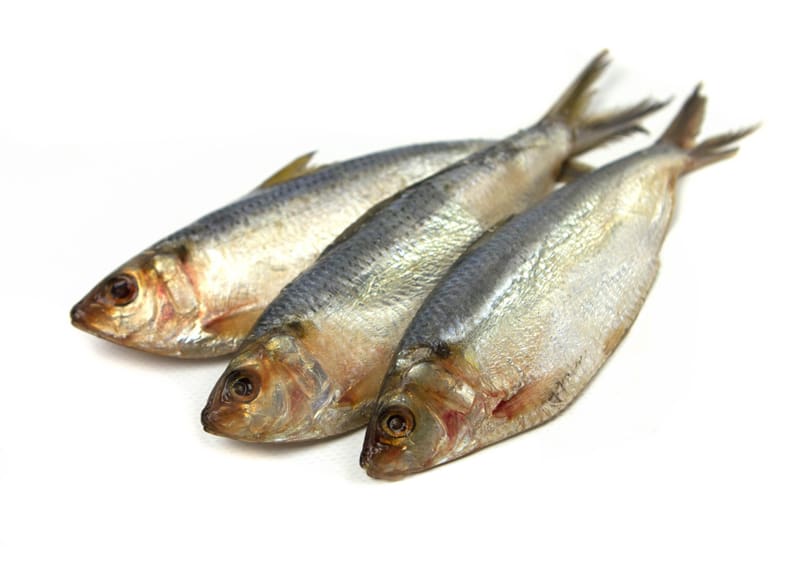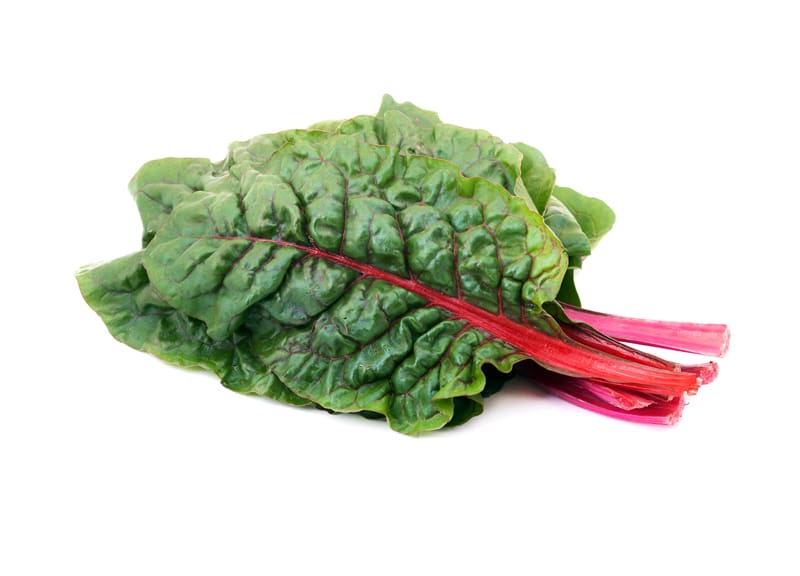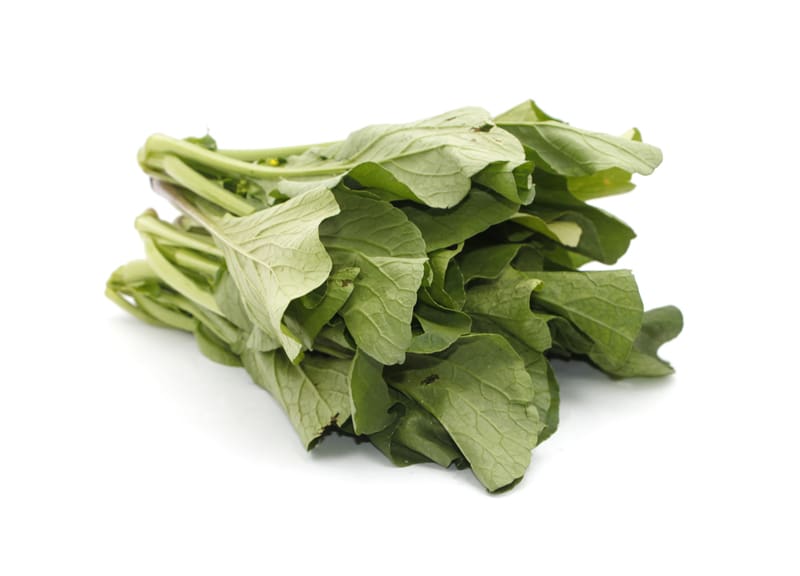Vitamins are organic substances that are different from protein, fat, and carbohydrates and cannot be synthesized in quantities sufficient to support normal physiologic function. Fat-soluble Vitamins A, D, E, and K require bile salts and fats for absorption.
Vitamin A, D, and E are essential fat-soluble vitamins. The body cannot synthesize these vitamins in adequate amounts and they must be supplied in the diet.
The information provided below is based on a healthy canine and recommended allowances (RA) will vary on physiological state. Requirements for essential fat-soluble vitamins depend on growth, lactation, pregnancy, medical conditions, and nutrient interactions within the diet.
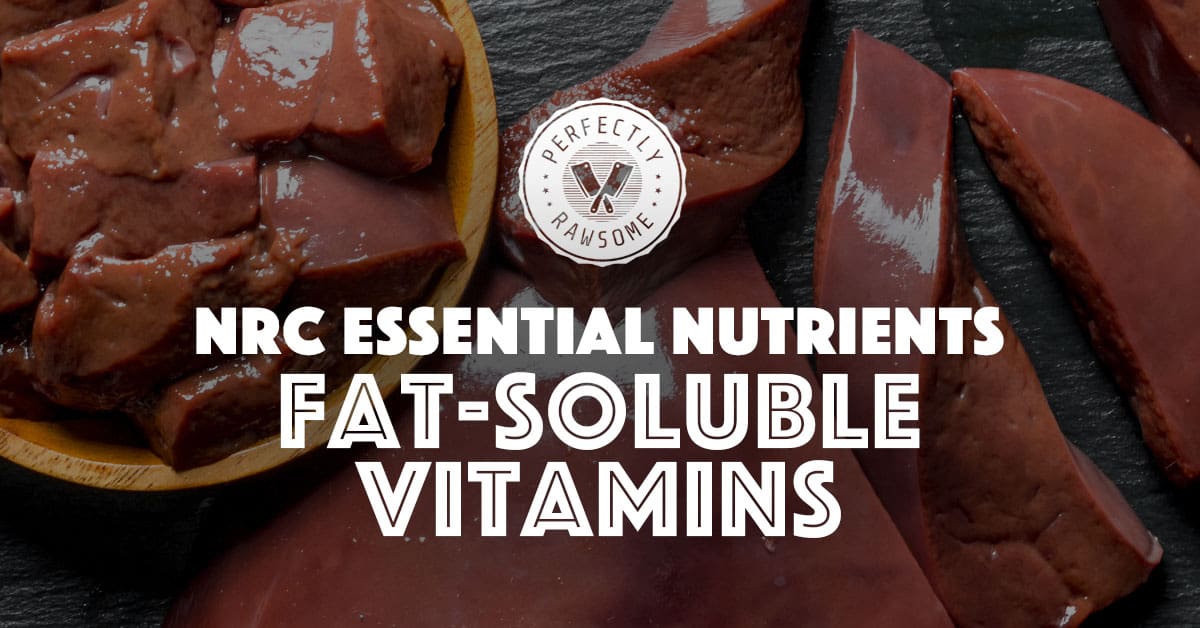
Vitamin A (Retinol)
Vitamin A is a fat-soluble vitamin that is required for normal vision, growth, reproduction, immune function, and maintenance of healthy epithelial tissue functions. Vitamin A is also involved in the expression and regulation of many genes.
The National Research Council (NRC) for dogs and cats provides recommended and maximum amounts for Vitamin A per 1000kcal:
Adult Dogs
379 RE recommended allowance
16000 RE maximum allowance
Puppies
379 RE recommended allowance
3750 RE maximum allowance
Adult Cats
250 RE recommended allowance
25000 RE maximum allowance
Kittens
250 RE recommended allowance
20000 RE maximum allowance
Vitamin A is found in animal tissues and the concentration in foods can be very greatly. Whereas carotenoids found in plant sources are absorbed half as well as Vitamin A from animal sources. Additionally, absorption efficiency decreases as carotenoids in the food increases. It is important to note cats can absorb β-Carotene but are unable to convert it to Retinol.
All raw diets consisting of 5% liver and other organs will provide the recommended allowance of Vitamin A. Be mindful of the amounts of Vitamin A in different liver proteins will vary greatly.
Wheatgrass and cod liver oil provide high amounts of Vitamin A. Cod liver oil is more concentrated in Vitamin A in comparison to other ingredients and is not recommended to use in a raw diet that includes raw liver. Wheatgrass provides Vitamin A in the form of carotenoids which are not nearly as bioavailable as animal sources of Vitamin A.
Vitamin D
Vitamin D is a fat-soluble vitamin that has a primary function to enhance intestinal absorption and mobilization. It also plays a vital role in the retention and bone deposition of calcium and phosphorus.
The National Research Council (NRC) for dogs and cats provides recommended amounts for Vitamin D per 1000kcal:
Adult Dogs
3.4mcg recommended allowance
Puppies
3.4mcg recommended allowance
Adult Cats
1.75mcg recommended allowance
Kittens
1.4mcg recommended allowance
Vitamin D3 (Cholecalciferol) is found in animal tissues and Vitamin D2 (Ergocalciferol) is found in plants. The absorption and metabolism of Vitamin D2 is less effective in dogs and more so in cats and are best utilized when provided from animal tissues.
Raw oily fish is a nutritious whole food used to supply essential amino acids, fatty acids, and essential fat-soluble Vitamin D in a raw diet. A diet using 10 to 15% fatty fish provides adequate amounts of Vitamin D to meet the recommended allowance. Organs and eggs only supply a small amount of Vitamin D in comparison to feeding raw oily fish but are beneficial in aiding in completing Vitamin D requirements.
Vitamin E
Vitamin E is a fat-soluble vitamin that functions as an antioxidant in the body and in food where it protects cells against oxidation and free radicals. Additionally, Vitamin E plays a vital role in reproduction, modulating cellular signaling, regulating gene transportation, modulating immune function, and inducing apoptosis.
The National Research Council (NRC) for dogs and cats provides recommended and maximum amounts for Vitamin E per 1000kcal:
Adult Dogs
7.5mg recommended allowance
Puppies
7.5mg recommended allowance
Adult Cats
10mg recommended allowance
Kittens
9.4mg recommended allowance
Vitamin E has eight isomeric forms, four forms are tocopherols and the other are tocotrienols.
Four Tocopherols
- Alpha-Tocopherol (α-Tocopherol)
- Beta-Tocopherol (β-Tocopherol)
- Gamma-Tocopherol (γ-Tocopherol)
- Delta-Tocopherol (δ-Tocopherol)
Four Tocotrienols
- Alpha-Tocotrienol (α-Tocotrienol)
- Beta-Tocotrienol (β-Tocotrienol)
- Gamma-Tocotrienol (γ-Tocotrienol)
- Delta-Tocotrienol (δ-Tocotrienol)
Overall, tocopherols are more bioavailable than tocotrienols. The biopotency of Vitamin E isomers are α < β < δ < γ which classifies α-Tocopherol the most bioavailable form of Vitamin E where gamma-tocopherol has little biologic function but acts as an antioxidant.
Tocopherol is found in moderate concentrations within raw seeds and nuts and to a lesser amount in leafy greens. Animal tissue is low in Vitamin E, where the highest levels occur in fatty tissue. Some diets benefit from natural Vitamin E supplementation if whole foods do not supply adequate amounts within the diet.
Non-Essential, but Beneficial Vitamins
Vitamin K is considered a non-essential, fat-soluble vitamin. The body can synthesize Vitamin K in adequate amounts and is not considered necessary to be supplied in the diet.
The information provided below is based on a healthy canine or feline and recommended allowances (RA) will vary on physiological state. Requirements for non-essential, fat-soluble Vitamin K depends on present pathology of a dog and cat.
Vitamin K
Adult Dogs
0.41mg recommended allowance
Puppies
0.41mg recommended allowance
Adult Cats
0.25mg recommended allowance
Kittens
0.25mg recommended allowance
Vitamin K1 (Phylloquinone) is abundant leafy greens and Vitamin K2 (Menaquinone) is produced by intestinal microflora found in the colon.
Dogs and cats are able to microbially synthesize Vitamin K2 in the colon where dietary supplementation is unnecessary for most pets. However, this is not to suggest feeding foods with Vitamin K is not beneficial. Feeding leafy greens provides high amounts of Vitamin K and due to their high-fiber content, leafy greens also support fiber fermentation in the colon.
CLOSING COMMENTS
Recommended allowances for fat-soluble vitamins do not need to be met daily and can be balanced over time, such as seven days, because the body stores the excess fat-soluble vitamins in the liver and fatty tissue. A diet composed of raw organs, raw fish, plus a small amount of leafy greens and seeds, will meet fat-soluble requirements in dogs. If these ingredients are not included in a raw diet, the addition of a supplement is necessary to fill nutritional gaps.
A BARF diet for dogs easily meets fat-soluble requirements without many adjustments. PMR diets for cats are often lacking Vitamin E because feline diets typically do not include plant matter, which means a supplement is recommended. However, the amount of each fat-soluble vitamin a pet requires is dependent on multiple factors including growth, pregnancy, lactation, and medical conditions.
